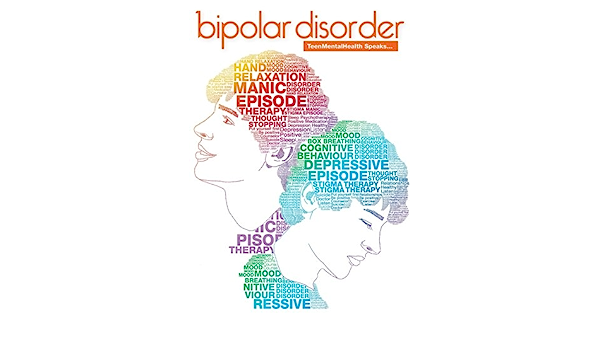Bipolar Disorder

What is bipolar disorder?
Bipolar disorder is a mental illness that causes extreme mood swings. These mood swings can range from mania (a state of elation and hyperactivity) to depression (a state of sadness and hopelessness). People with bipolar disorder may experience both mania and depression, or they may only experience one or the other.
What are the symptoms of bipolar disorder?
The symptoms of bipolar disorder can vary from person to person, but they may include:
- Mania: Feeling elated, euphoric, or irritable
- Increased energy
- Racing thoughts
- Decreased need for sleep
- Increased activity
- Increased spending or risk-taking behavior
- Distractibility
- Grandiose delusions
- Depression: Feeling sad, hopeless, or worthless
- Loss of interest in activities once enjoyed
- Changes in appetite
- Changes in sleep patterns
- Fatigue
- Difficulty concentrating
- Thoughts of death or suicide
What causes bipolar disorder?
The exact cause of bipolar disorder is not fully understood, but it is thought to be a combination of genetic and environmental factors. Some environmental factors that may contribute to bipolar disorder include exposure to certain viruses or toxins during pregnancy, or experiencing a stressful life event.
How is bipolar disorder treated?
There is no cure for bipolar disorder, but there are treatments that can help manage the symptoms. The most common treatment for bipolar disorder is medication, such as mood stabilizers or antipsychotics. Other treatments that may be helpful include therapy, social skills training, and support groups.
What is the prognosis for bipolar disorder?
The prognosis for bipolar disorder varies from person to person. Some people with bipolar disorder may experience a full recovery, while others may have ongoing symptoms. However, with treatment, most people with bipolar disorder can live relatively normal lives.
What is the difference between bipolar disorder and borderline personality disorder?
Borderline personality disorder is a personality disorder that is characterized by intense emotions, unstable relationships, and impulsive behavior. Bipolar disorder is a mood disorder that is characterized by extreme mood swings.
What is the difference between bipolar disorder and cyclothymia?
Cyclothymia is a milder form of bipolar disorder that is characterized by less severe mood swings. People with cyclothymia may experience periods of hypomania (a milder form of mania) and periods of mild depression.
What is the difference between bipolar disorder and seasonal affective disorder (SAD)?
Seasonal affective disorder is a type of depression that is linked to changes in seasons. People with SAD typically experience symptoms during the winter months, when there is less sunlight. Bipolar disorder is not linked to changes in seasons.
If you are concerned that you or someone you know may have bipolar disorder, it is important to see a doctor for evaluation. Early diagnosis and treatment can help improve the outcome for people with bipolar disorder.